NEWS
Stay updated on our latest projects and impact around the world
Victory for Equality is re-starting projects in South Africa
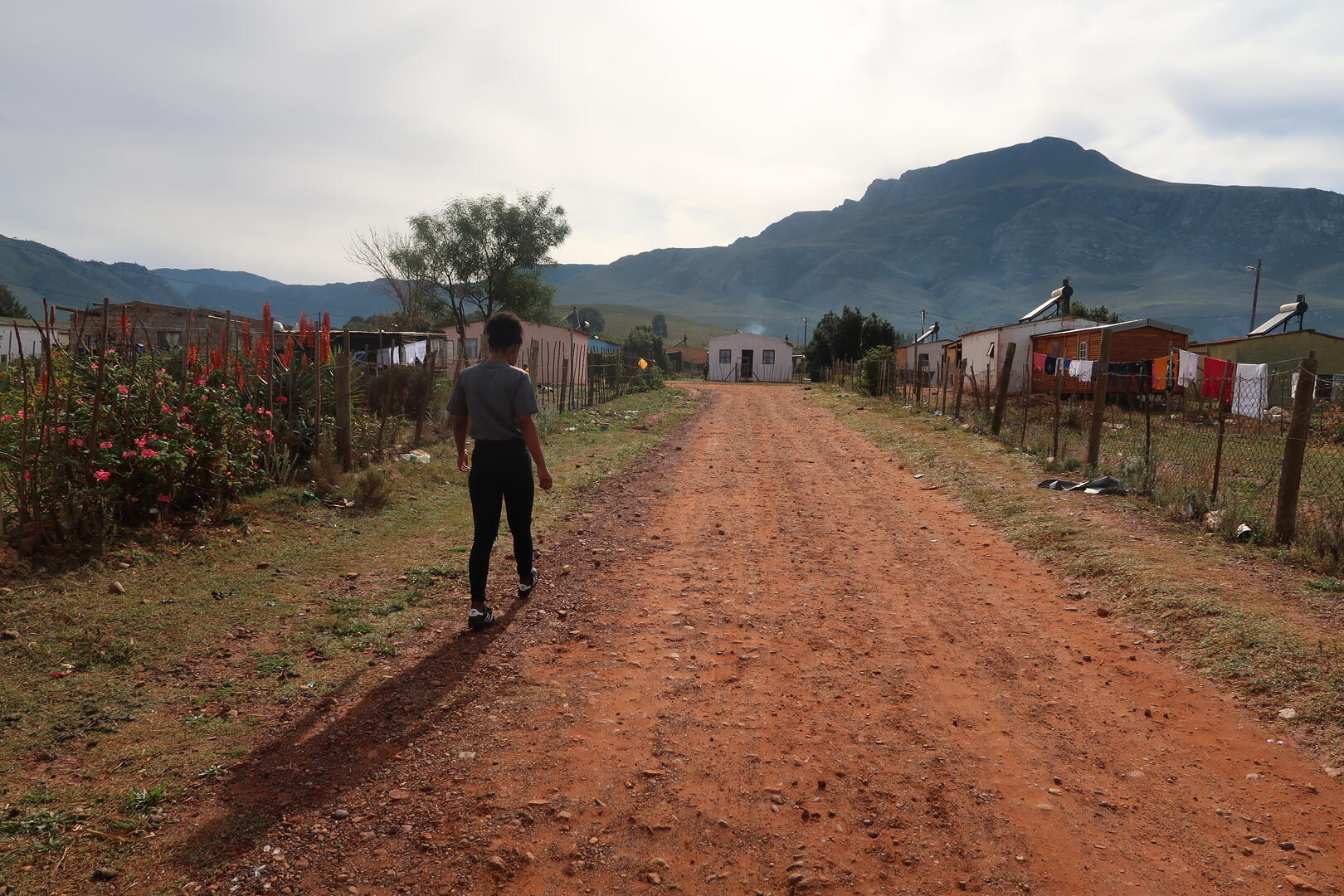
Victory for Equality is re-starting projects in South Africa
We are restarting gender reconciliation programs in South Africa, in the Western Cape, Cape Town and Johannesburg.
We are also setting up school- and equipment programs in Genadendal, in the Theewaterskloof area in South Africa.
In South Africa, we're also working with inmates affected by a history of violence and hardship. Many come from difficult childhoods and have never had real opportunities. Through our project, we support both prisoners and prison staff—helping create a safer, more supportive environment, and offering inmates a chance to rebuild their lives and reintegrate into society with dignity and hope.
Stay Updated
Subscribe to our newsletter to receive the latest updates on our projects and impact.
We respect your privacy. Unsubscribe at any time.
Field Photos from Genadendal

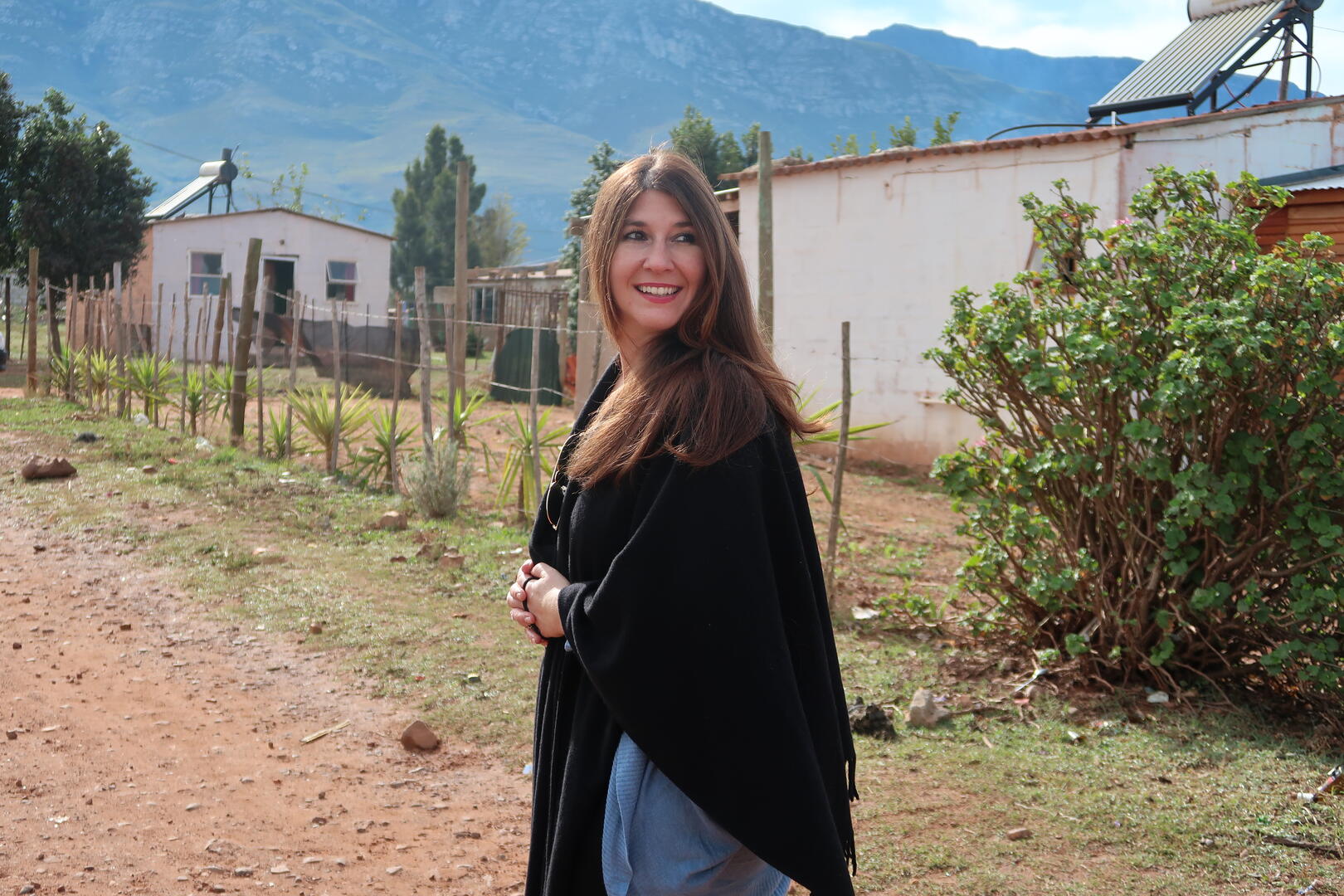
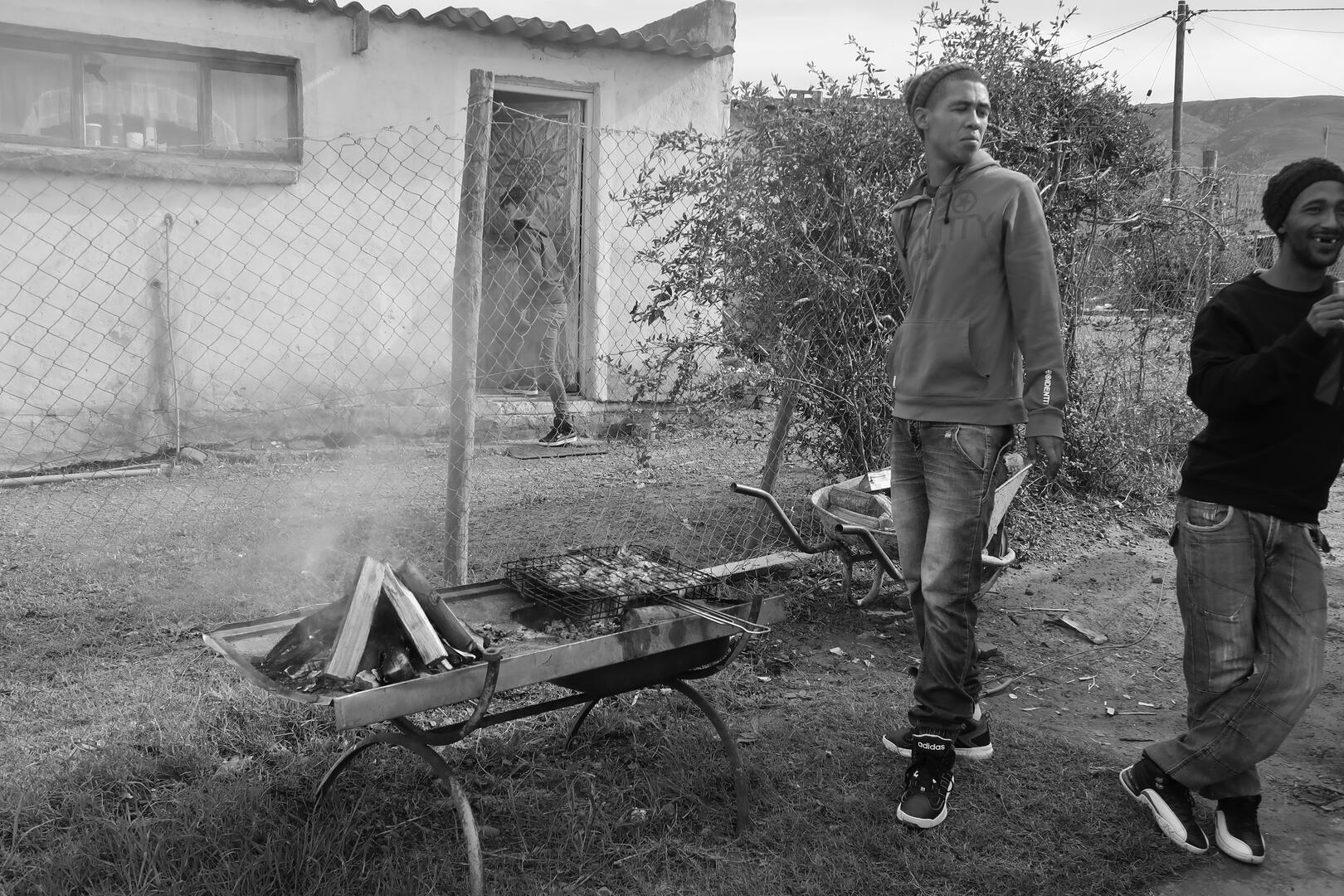
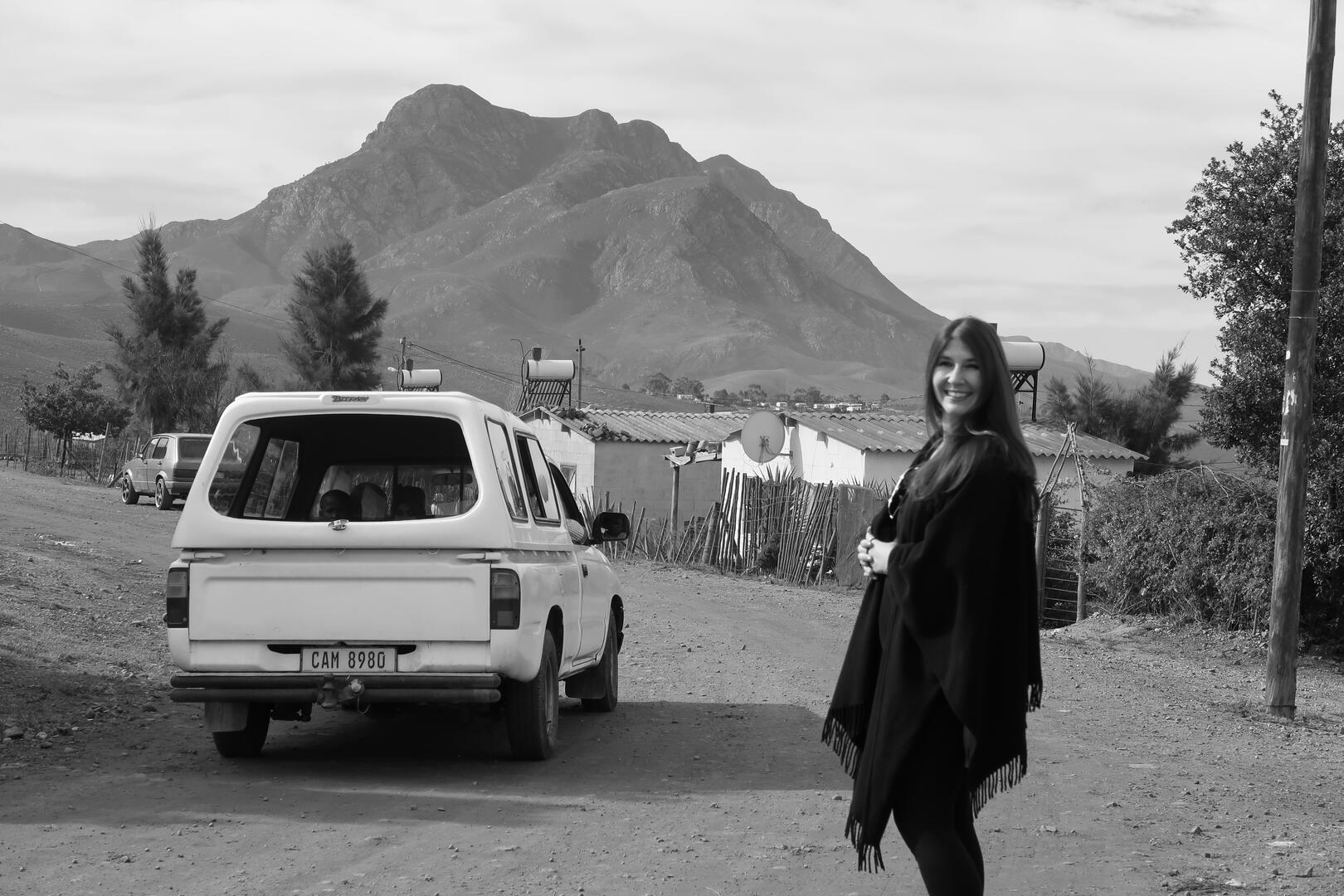
Previous Updates

We will be back soon with more projects
Victory for Equality has no current projects. We aim to be back in the future. In the mean time: We keep an open eye to all developments in the world, that are close to our hearts. And we remain in contact with our former projects and people we have collaborated with.
Former projects: United Kingdom Ecuador Tanzania South Africa
United Kingdom: We have supported gender reconciliation projects held in London, the United Kingdom.
Ecuador: Before starting our new awareness programs, we have successfully led projects in Ecuador, Limones, helping women with their struggle on domestic violence and bringing awareness of this topic in the community. More than a hundred women have been helped by Victory for Equality to create a better and safer life for themselves and their children. This project is now carefully taken over by a governmental organisation.
Tanzania: Our former project is based in the Mwanza region of Tanzania, on the shores of Lake Victoria. Over the last few decades, gender based violence has gained international recognition as a grave social and human rights concern. In Tanzania, gender based violence is widespread; the most recent Tanzania Demographic and Health Survey found that 44% of ever-married women have experienced physical and/or sexual violence from an intimate partner in their lifetime.
South Africa: The Gender Reconciliation projects we we did support are projects that work on the root causes rather than on the symptoms of gender inequality. The premise of the Gender Reconciliation work, is that it builds on the gender reconciliation process, initiated in South Africa, after apartheid. Based upon the Truth and Reconciliation Commission in Post- Apartheid South Africa. So the Gender Reconciliation work, applies the same principals of truth telling and reconciliation, to the gender divide within humanity.
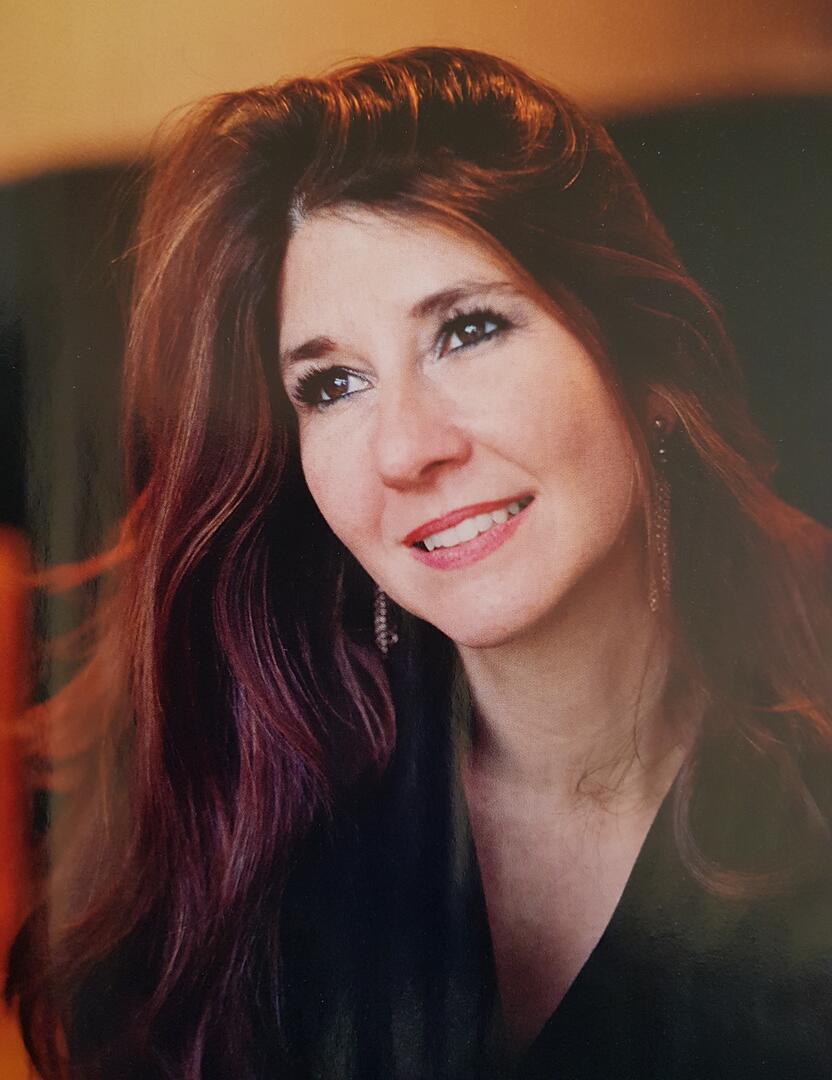
Book appearence
In addition to this, Victory for Equality's Director, Caroline Dusée, is writing a book, based upon years of research. The book explores the pain on the men's side and a road for change and reconciliation. She has interviewed men all around the planet and the root of this work has started in South Africa. The book will appear in 2020. At Publishing House (Uitgeverij) Nieuw Amsterdam in The Netherlands.
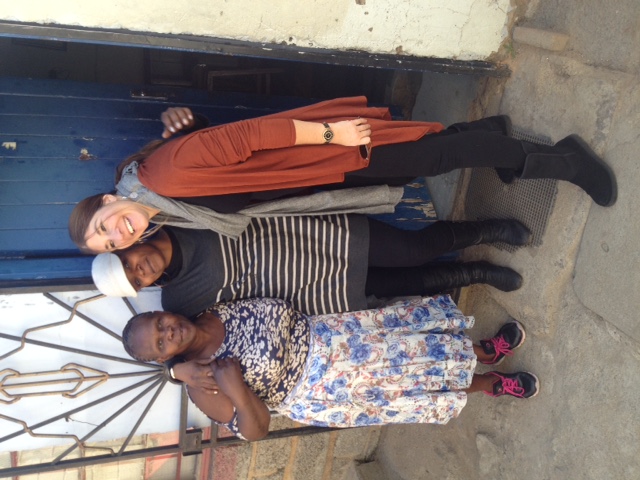
South Africa Gender Violence.
Over the last decade South Africa in particular has been overwhelmed with violence rates against women, that has recently harmed the country upon to a point it had hardly ever done before. Rapes and murder rates against women and children have risen to a number that have never been higher than the last year. Violence not only in townships but also amongst university students shocked the country. The gender reconciliation programs are therefore more needed than ever before. The gender reconciliation programs are created to bring women and men from all backgrounds together to openly speak and listen to each other. Trying to understand, heal and forgive the harm men and women have been causing each other for centuries. And opening a door for reconciliation.

The #METOO discussion in South Africa more relevant than ever!
The intense #MeToo discussion in the world did not miss our African continent. It's call was widely heard and picked up by women and men in our townships as well. Mostly shared by our Gender Reconciliation community was this video by actress Jody Foster who was calling for exactly what we do in our Gender and Reconciliation programs.

Grail Centre in Kleinmond
New Programs have taken place with participants from all different countries in South Africa's Grail Centre in Kleinmond. Twenty-eight women and men from seven countries – Tanzania, Indonesia, India, Sudan, Nigeria, Zimbabwe and South Africa – have gathered for a four-day introductory Gender Reconciliation Program from 5-8 February 2018 at the Grail Centre in Kleinmond, South Africa. Through the Gender Reconciliation process, participants are invited to speak truth to their lived experiences as women and men, and hold witness to each other in a sacredly-held space. They share about mutual violence and pain between women and men, possible solutions and harsh community realities. Next to this international program, all our local community programs in the townships and prisons continue to take place.

Multimedia Project
Victory for Equality started in collaboration with Photographer Leonard Faustle, a multimedia project, by taking photos and sound recordings of the participants. Both men and women, living in the Genadendal area, Theewaterskloof in The Western Cape. This region, tortured by poverty, drug abuse, domestic violence and inequality, located in the leap of its predominantly white and rich neighbour village Greyton, became the scenery of a several years research area for Victory for Equality's Director Caroline Dusée. The people from Genadendal are telling about their daily lives and struggle. We have now started to record and visualize their lives and stories. We are looking for resources to complete our project. For more information on the content, please email us at: info@victoryforequality.org or through our contact page Thank you for reading, If you liked this article please subscribe to our newsletter! -> If you feel like supporting us for this project, please have a look at our donation possibilities
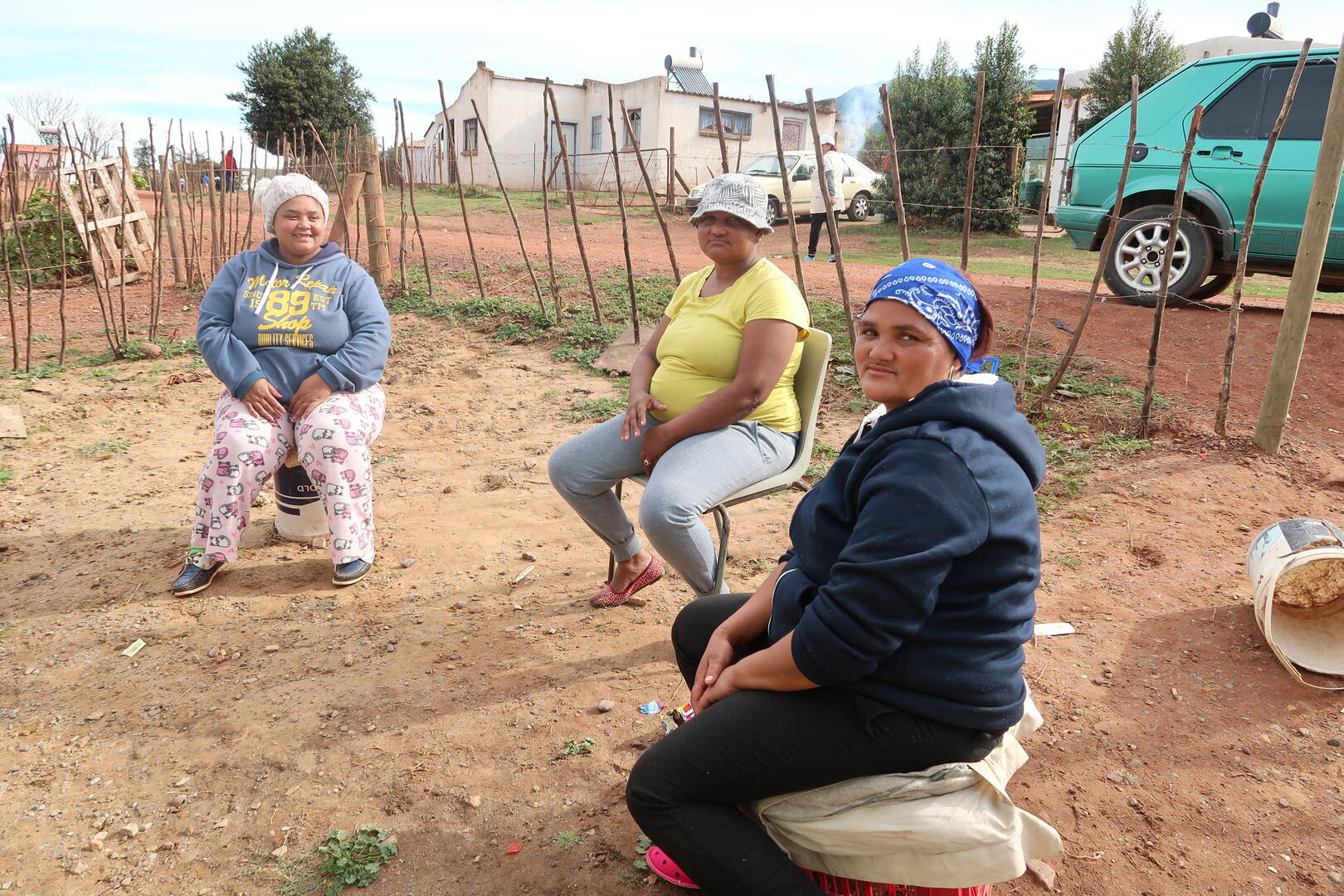
Our Christmas Wishes
A Heart-warming Christmas and a positive New Year from all of us at Victory for Equality! May we join together again in 2018 to work towards a more Equal and Merry Christmas for everyone around the globe.
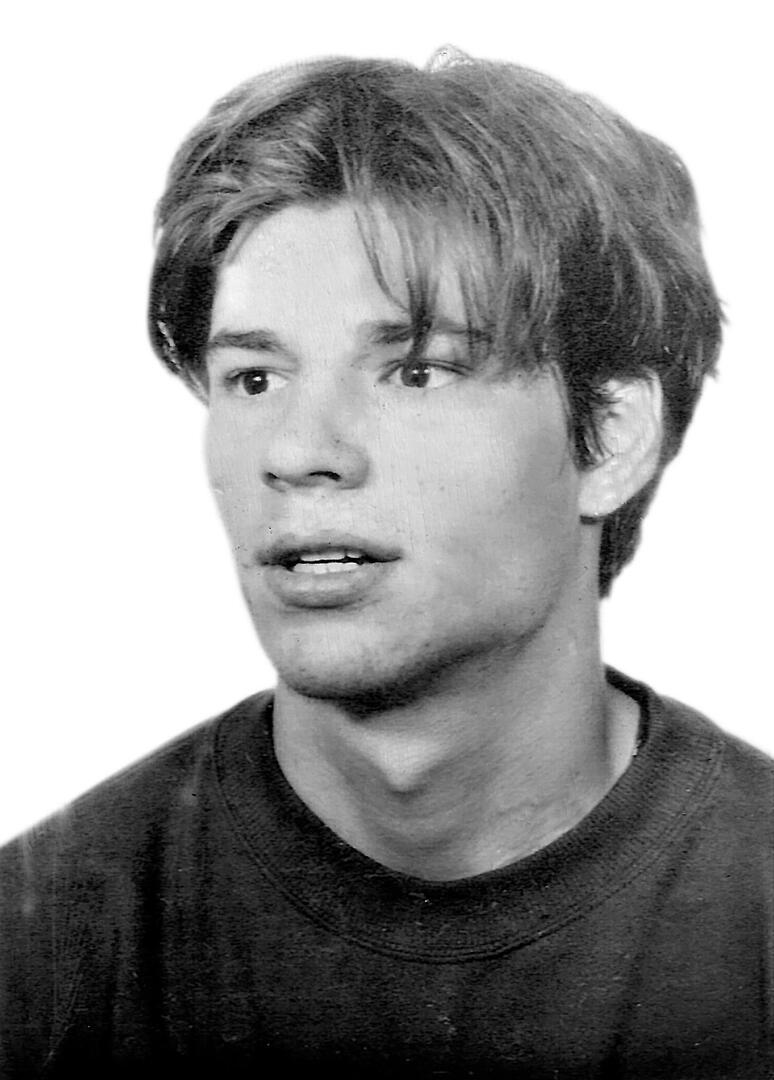
Looking back
Looking back at Victory for Equality's history we have always been working with suppressed and neglected groups since its inception in 2006. It began with our first project for indigenous people and education in the Andes in Peru. Afterwards it was followed by a rapid development with our other first big South American project in Ecuador: a program ran and developed by the local people, against domestic violence on the island of Limones. Always established by a comprehensive research prior. With incredible results, improving more than over hundreds of women's lives. After moving to Tanzania, the foundation's work started switching from solely women support- and empowerment projects to the implementation of projects for both women and men. After years of fundamental research in the Lake Area of the Victoria region, we started working closely together with the local Tanzanian youth to implement our first projects in that region. Not only to support girls and women, but also to involve boys and men equally in the projects. We began outreach programs in local schools in Tanzania. These programs brought boys and girls together in groups to discuss and have a dialogue regarding gender related topics. The results and evaluations of the programs by the youth themselves were proven so positive that they started to expand on their own. To move forward and further develop on this topic, we were looking for new cornerstones, and found those in South Africa. There we built strong collaborations with several institutions and local partners that are actively specializing in this field. A new perspective and support- model for the Foundation was born. New programs have been set up: Gender Reconciliation Programs.